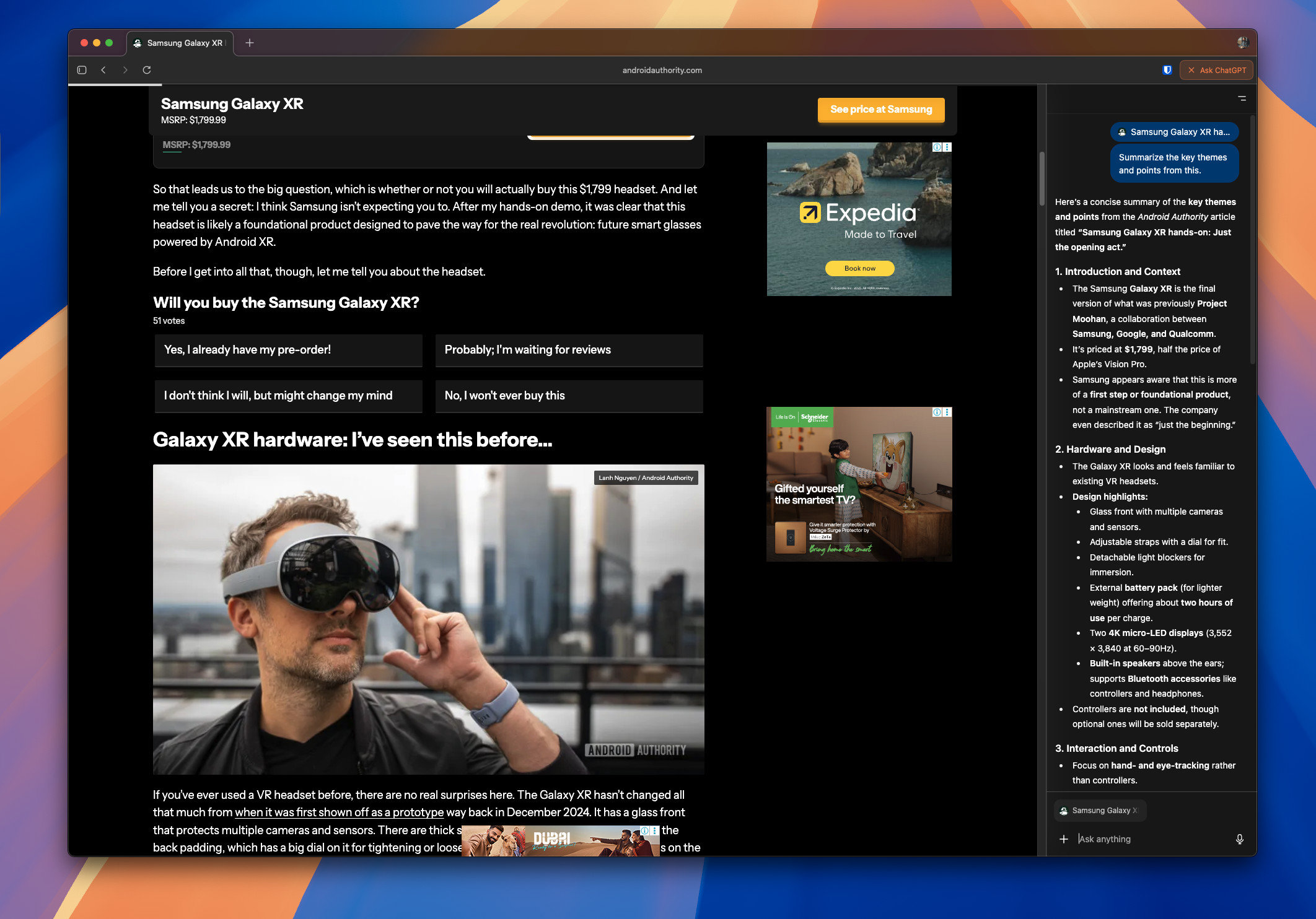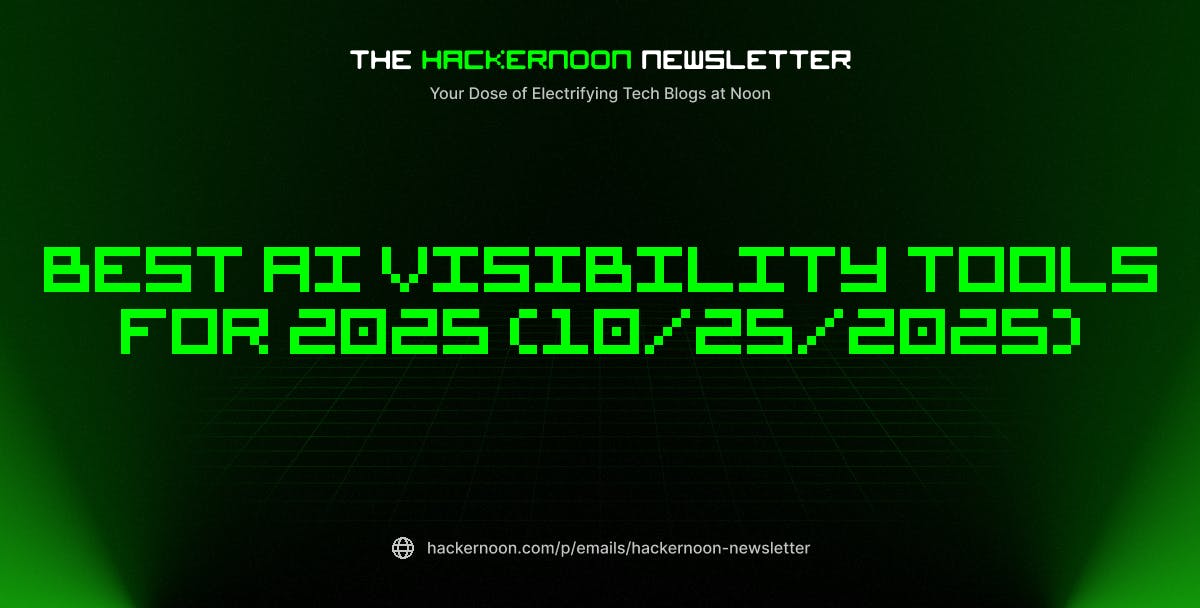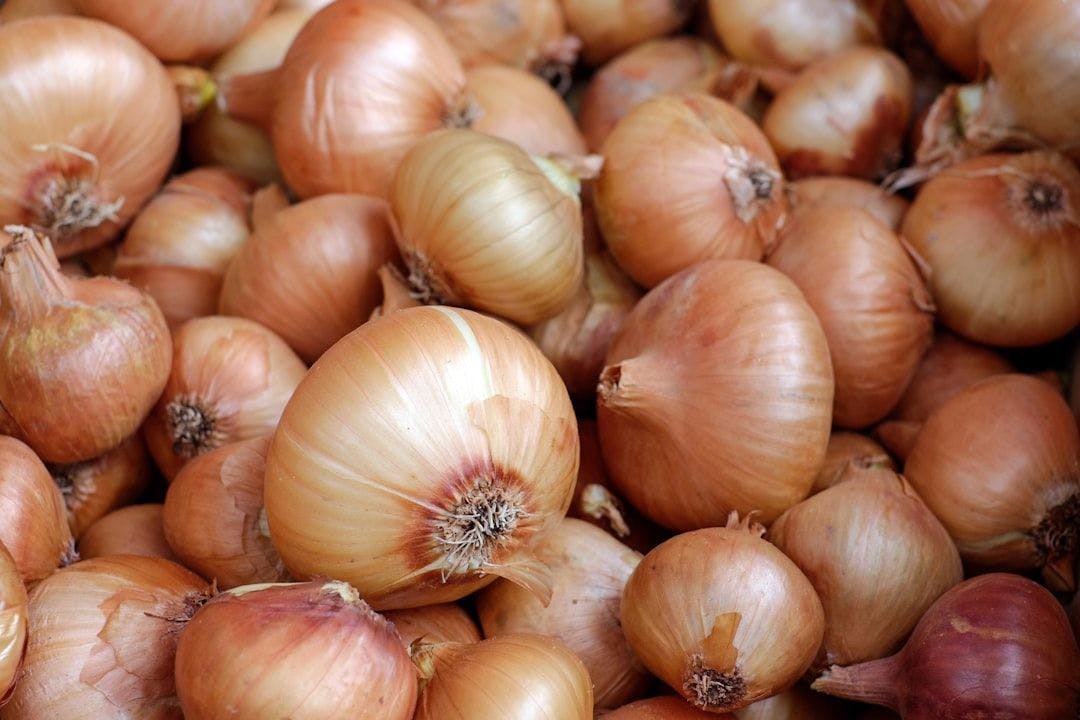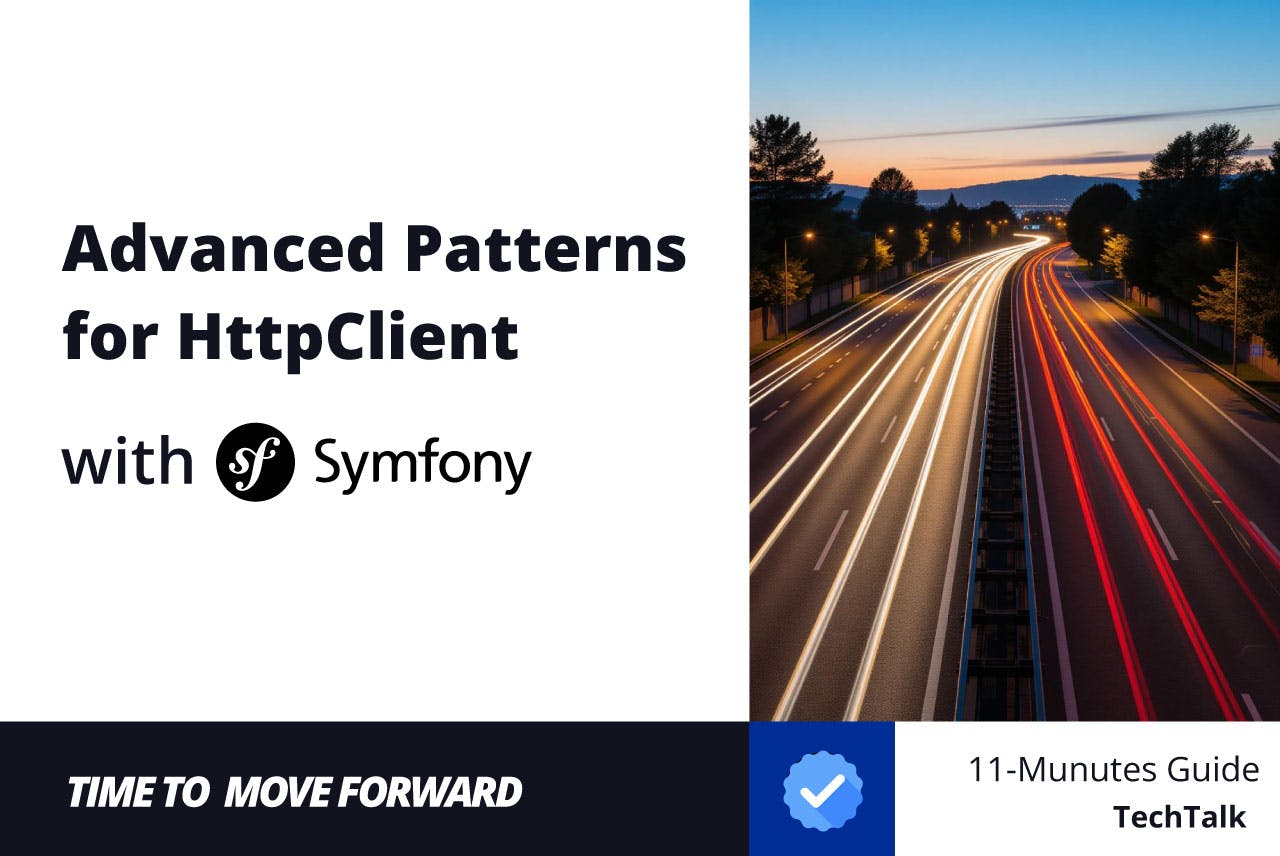I want to share my thoughts on being a creator and what I’m experiencing in the growth of being a creator. I’m at that point where I’m starting to wonder—do we really need to define ourselves as a blogger, a YouTuber, a TikToker, a fashion blogger, a beauty blogger, a travel blogger?
Or do we just need to be creators?
Or maybe there’s another definition for all of it.
The Early Days: From Catering to Real Estate

For example, my entire career as a—let’s just say content creator, or maybe even digital marketer—was in blogging about real estate. Now before I was blogging about real estate, I did own a top catering company in Las Vegas. And I would say I was even blogging back then on AOL. If you remember AOL, we’re really dating ourselves now. But I took advantage of that opportunity to share my thoughts.
While I had the catering company and was sharing my thoughts, tips, and strategies on social media, I began to blog about it as well for the search engines. I wasn’t teaching other caterers how to build catering companies or anything along those lines. I was blogging to pick up new catering clients.
Transitioning to Real Estate Blogging

After I sold the catering company and got into real estate, I still wanted to share authentically. I did that in two ways. One was through blogging to get real estate clients—so I would blog: how to sell a home, how to buy a home, how to prepare your home for sale—those types of things. And it worked splendidly.
This was back when you could rank on the search engines incredibly easily if you were consistent, knew how to structure your content, built a website that was responsive and fast enough, and knew how to use it.
From Blogger to Vlogger
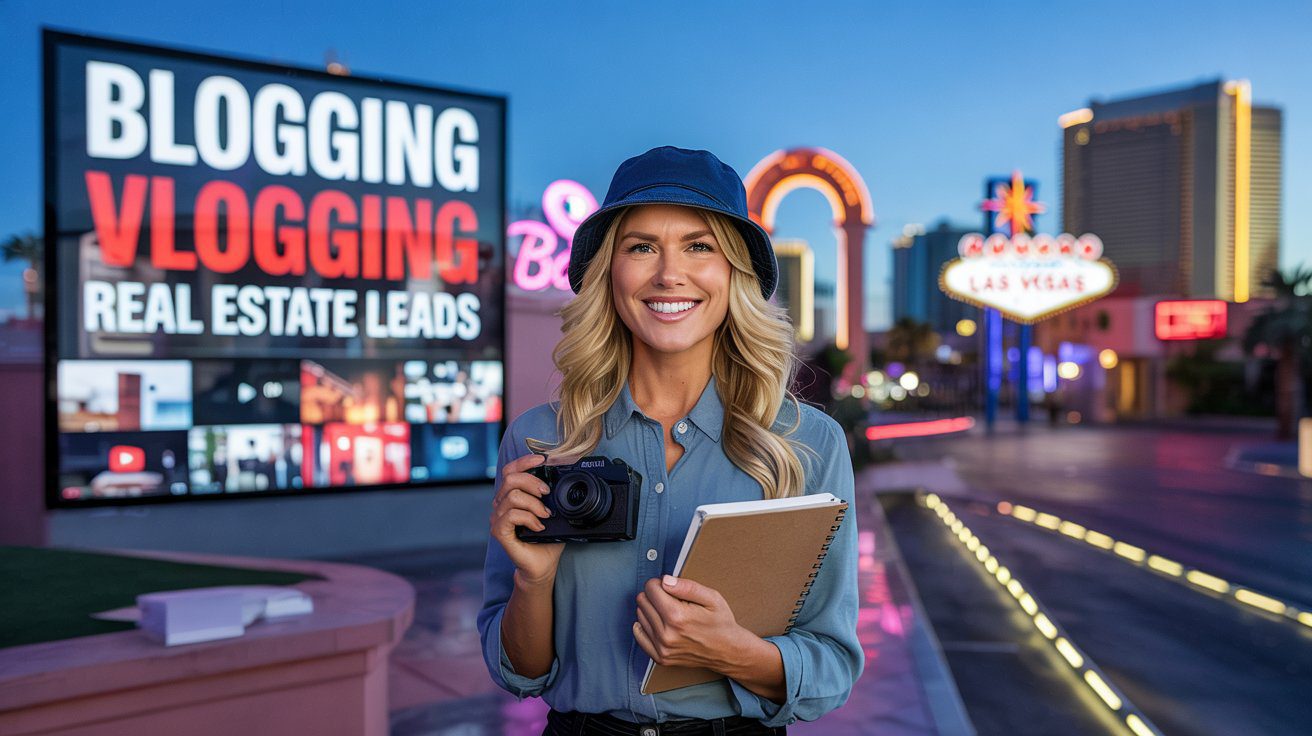
I did really well generating business for my real estate business by blogging. Around this time, I also started a YouTube channel and began focusing on picking up new real estate clients by sharing things to do in Las Vegas, answering real estate questions, teaching, and guiding.
That’s when I really became a vlogger—doing the same thing I did in written word but in video.
Now I had a little network where I was generating real estate leads through a combination of direct mail, social media, blogging, and vlogging. That little magical format became something I adopted as I moved forward.
Teaching Real Estate Agents
I also began getting into email newsletters.
My real estate office asked me if I would be willing to teach other real estate agents how to build their business in our office. And I had actually already started a YouTube channel where I was going to teach real estate agents how to generate leads through social media, blogging, email newsletters, ranking on the search engines—that kind of thing. Basically what I was already doing to generate leads.
When I built my YouTube channel, my entire focus was on getting real estate referrals. At that time, I didn’t understand where we were going in the world of content creation as far as monetizing through things like ad revenue, affiliate income, etc. My only focus was, “How do I generate more leads for my real estate business?”
Real Estate Referrals and Natural Storytelling
As I grew that YouTube channel focused on teaching real estate agents how to build their business, my real estate business grew too. I became one of the top referral agents for Las Vegas because every time I made a video, I would mention, “I’m here in Las Vegas for your referrals.” And that just grew.
So that was a form of blogging, right? The real estate business was a form of blogging. The catering company was a form of blogging. And technically, as I look back upon all of them, what I was really doing was storytelling and teaching along the way.
That was natural for me. Nobody told me to do it. I didn’t learn how to do it from anybody else. It was just a natural part of my being—to share life, really. And that meant sharing these business strategies along the way. The leads and money came as a byproduct of that.
Discovering Content Monetization
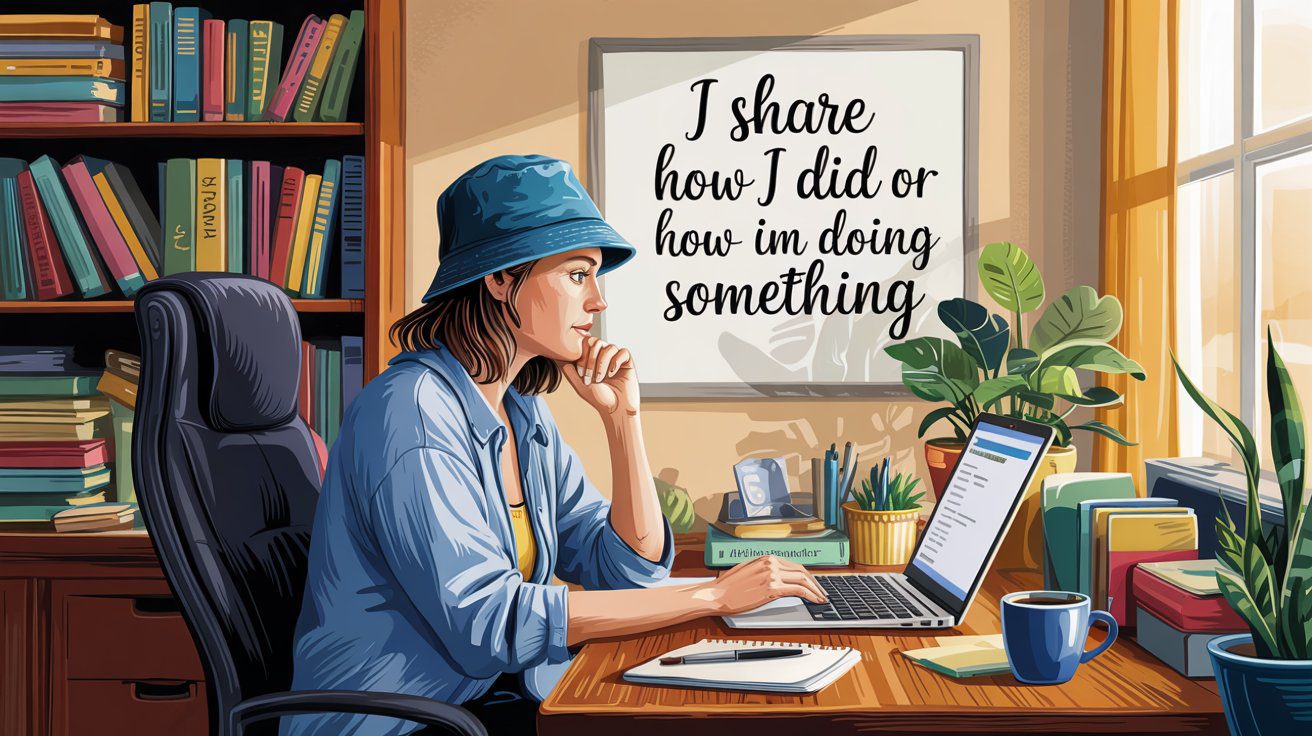
Over time, I did begin to realize there were other ways to monetize creating content. This was just about the time people started using the words “content” and “content creator.” I just called myself a blogger.
I began to realize there were more ways to monetize content—things like ad revenue (allowing Google to run ads on your website), affiliate income (where you share links to things you’re talking about naturally), or building a website specifically for affiliate marketing like everyone did with “best of” lists.
I learned you could monetize your business by creating digital products—templates, guides, courses, webinars. That’s when my digital marketing business really launched.
But what’s important is that the baseline of all of these things is the same format:
- I share how I did or how I’m doing something.
- Sometimes it’s a test project that doesn’t have any proof behind it yet.
- But I’m sharing the journey and teaching people how to do it along the way.
Everything I’ve ever done in my digital marketing career has been that.
Honestly, it was no different when I was doing real estate. I was still teaching real estate clients—people who wanted to buy or sell a home—how to buy or sell a home. So the teaching aspect has been part of this from the beginning.
The Speed of Change and Rise of Short-Form
Now things are changing drastically. They’re moving so incredibly fast—I’ve never seen anything like it.
With the onset of ChatGPT and other AI tools, along with the multitude of platforms we have access to today, the written blog has kind of diminished. It doesn’t have the same appeal it once did.
I’m not saying there’s not a place to still build and monetize a blog, but I’m seeing the changes clearly.
Social media, video, and photo storytelling have to be at least part of the equation.
Platforms like Instagram and Pinterest are driven by photo storytelling and carousels. Then we have short-form video:
- YouTube Shorts
- Instagram Reels
- TikTok (almost entirely short-form)
- Facebook Reels (under the Meta umbrella)
At first, many of us were creating short-form reels just to attract attention, not really understanding where it would lead. If you had a business, you could share a link in your profile and drive traffic that way.
But now creators have learned to monetize their short-form content through programs like Meta’s rewards, where they run ads on your reels and give you a cut.
Some people are making real money from this—just off text posts, photos, and reels.
Long-Form, Live Streams, and UGC
There’s less and less attention on the written word, and much more on visuals—photos and videos.
Then you have creators focusing on long-form content:
YouTube videos that are 10–20 minutes, even up to 1–3 hours.
Anything over three minutes now is basically considered long-form.
You also have live streamers—creators going live with the goal of monetizing through offers, ad revenue, sponsorships.
And there’s UGC (user-generated content), where creators are paid to create content for brands. It’s a pre-arranged deal—“I’m going to create content that promotes your product or service, and you’re going to pay me.”
This has pushed us into the creator economy—and that brings me back to the question of how we define ourselves.
TikTok Shop and the Shift from Storytelling
I got on TikTok a couple of years ago with no idea where it would go. Eventually, I built a six-figure business through TikTok Shop as an affiliate.
That was something very different than what I’d done before. It had more to do with the product, and less with instruction and storytelling—at least the way I’m used to doing it.
So I had to modify how I create on that platform.
I’m classified in the beauty, fashion, and home & living categories. That changes how I define myself on that platform. I guess I’d be considered more of an influencer there—because you’re influencing people to make a buying decision off of very short-form content.
But the word “influencer” is unsettling to me. It has kind of a negative connotation.
Coach, Creator, Teacher… What Am I?
At the same time, I’m teaching people through my coaching program—Blueprint Coaching—how to make money in different ways in the digital space:
- Amazon Associate
- Amazon Influencer
- TikTok Shop Creator/Affiliate
- YouTube (short and long-form)
- Selling digital products
- Monetizing blogs
Basically, whatever I’m doing—I’m teaching it along the way.
Right now, I’ve been working on a Pinterest project and sharing that too.
So what do I really do?
- I’m a coach.
- I build and sell courses.
- I make affiliate income across platforms.
- I’m a storyteller.
So… am I a lifestyle blogger? Does that encompass it all?
Do I say I’m in digital marketing? That feels off to me.
Digital marketing, for a lot of people, just means selling someone else’s course, and that’s never been my thing. That label doesn’t feel like me, either.
That Moment on the Cruise
I went on a cruise last week. My goal was to document the journey of being a single woman in her 50s taking a solo cruise—but also to blog about the travel experience. Show the ship. Talk about the hotel. Give tips about transportation and food.
Someone asked me on the ship, “What do you do for a living?”
I said, “I’m a travel blogger.”
And instantly, I knew that wasn’t true.
I had to elaborate. Because I’m not lying—it’s partially true. I do blog about travel. But I also blog about lifestyle. I’m a coach. I teach people how to do this stuff.
So I came home with this question swirling in my head: What is it that I actually do?
- Am I a lifestyle blogger? Yes.
- A digital marketer? Yes.
- A YouTuber? Yes.
- A TikToker? Yes.
- An Instagram/Facebook creator? Yes.
- I still have a real estate business too.
But just saying “I’m a creator” doesn’t really tell the whole story, does it?
Yet… it’s the most accurate, all-encompassing word I’ve found.
Living in the Middle
Part of me wants to say, “I’m a storyteller and teacher.” But it’s not quite enough.
I’m still in this space of not wanting to be boxed in, but also wanting to own what I am and what I am not.
I know I don’t want to be a travel blogger. I don’t have enough interest in looking up information and giving advice about things I haven’t personally experienced.
For example, I shared the hotel I stayed at in Fort Lauderdale before my cruise, and people immediately started asking me, “What’s the best hotel if I’m leaving from Miami?”
And I felt obligated to answer. I wanted to answer. But how could I possibly know that?
Unless you’re an actual travel blogger who specializes in that region, you just can’t.
What I realized is—I’m not a travel blogger. Not in that sense.
Owning My Space as a Creator
I want to tell a story.
I want to create inspiration.
I want to inspire people to take the trip.
By documenting and showing them my experience on a cruise—through short-form reels—I can give them a taste of what cruising with Celebrity is like. I can probably create dozens of pieces of content from one trip.
But I don’t want to sit down and write a long-form post about every detail of the ship. That’s not my lane.
So I think I’m more of a lifestyle blogger, at least in that space.
I inspire.
I tell stories.
I share tips and tricks along the way.
But I’m not going to document everything someone might need to know before choosing a cruise line.
And that’s okay.
I’m giving myself the space to live in that spot.
I’m going to create to inspire and educate, to give some tips and tricks.
But I’m not going to stress about putting it all into a long blog post just to catch a Google search.
That wouldn’t be authentic—and I think the best creators are coming from an authentic place.
So… do we define ourselves?
I think, right now, the ultimate word still is:
Creator.




